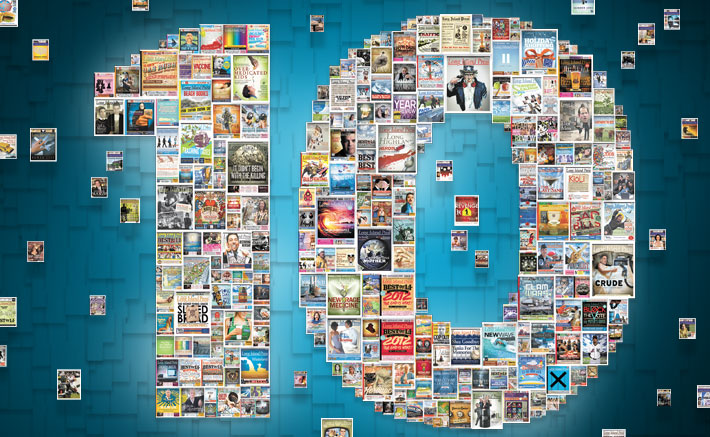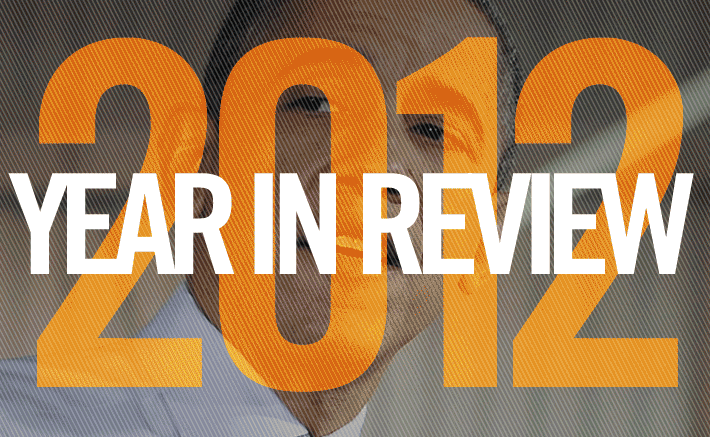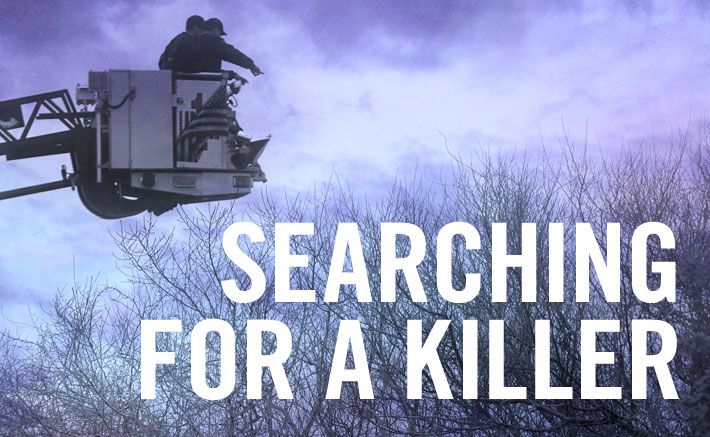
There is something magical about starting your journalism career at an alternative weekly. Thinking about it now sometimes feels like taking a photo and applying a forced, Instagram-faded nostalgia to an experience that is basically extinct by now. But even as the hardened cynic in me fears the worst, the way I view the media world, and alt-weeklies specifically, is rooted in idealism and adrenaline-soaked passion for cultural storytelling. Now that clicks rule content and staffers of some of the most successful glossy publications in New York regularly appear on popular reality television shows, good writing often takes a backseat to cool-chasing a hazy image of what editors think people want to read. But at the Long Island Press, I learned the stuff that they say you figure out at J-school but rarely do. While it’s become a clichéd trope to say it, it’s true that teaching someone how to write in a classroom isn’t the same as giving them a desk in a newsroom, and editing a thousand of their lousy words before you help them uncover a few decent ones. If you were lucky enough to have real training at a paper like the Press, you found that out quickly.
I was 19, and I had big dreams of becoming a rock writer. Music was my life, and my favorite bands and musicians meant as much to me as family and best friends. When I walked into the LIP’s offices, then in Garden City, I met Michael Nelson. He hired me after I hassled him repeatedly for weeks that spring, back when the Press was still The New Island Ear. On my first day, he introduced me to Robbie Woliver, Bill Jensen, Christopher Twarowski and Lauren Hill. I sat next to Mike, and he gave me work to do, like writing music listings. He played the CDs record labels sent him on a small boombox by his desk. Sometimes after lunch, Mike, Chris and I would drive to a nearby record store called Empire Discs to check out their CDs.
We talked about Weezer, about Radiohead, about new, obscure indie bands I’d never heard of and downloaded illegally off Napster on my parent’s dying old Dell computer after they went to sleep at night. Mike let me help copyedit the galleys of his column “The Nelson Ravings,” and loaned me stacks of CDs to burn. He even gave me boy advice once, when I was depressed and followed him outside, watching him chain smoke cigarettes next to his car. Lauren gave me a journal she decoupaged with pictures of John Mayer’s face. Chris and I once went on an epic misadventure to bring back Nathan’s hot dogs to the entire editorial staff. I wore jeans and Converse to the office while the rest of my interning friends were slaving away in awkward business casual attire. It was the perfect first job.
A couple of weeks before I was due to return to school, Mike pulled me aside and told me that he wanted me to interview a then-popular pop punk band about their new record and write about it for the music section. I’ve interviewed many bands and artists I admire since, but the lightning thrill I got on that first real assignment is something I don’t think I can ever feel again.
I spent hours writing and rewriting that first story. I think I was given about 500 words, to do with them as I wished. In typical alt-weekly style, I was encouraged to put myself into the piece, to be creative, and not to worry about writing something I thought the publicist would want to read. Even though the band was stoned during the interview, more concerned with stuffing their face with pizza than talking to me, they humored my ridiculous questions about their influences. That one article fueled the confidence I needed to try to make it in going this industry, which has only gotten harder over the years.
In the years since, I’ve kept in touch with my LIP mentors, especially Mike, Bill and Chris.
Working with them was and still is one of the most formative experiences of my life. I wouldn’t be the type of writer, or even person, I am today without it.







